The Muslim Family Counseling Services (MFCS), in partnership with UNESCO Ghana, has held a one-day stakeholder’s meeting to solicit ideas on how best to develop a faith-based and age-appropriate reproductive health education (RHE) toolkit for schools across the country.
The event, held at the Royal Gardens Hotel in Tuobodom in the Techiman North District on Thursday, 13th November 2025, brought together 20 participants from key sectors, including teachers from faith-based schools, representatives of the Muslim community led by the Bono East Regional Chief Imam, Alhaji Musah Abdulai, members of the Local Council of Churches, health professionals, officials from the Department of Social Welfare, and civil society organizations.
Participants were divided into three groups to discuss and present answers to the following questions:
- Do you think RHE is necessary?
- What approach should be used?
- Who is responsible for RHE?
- What is the role of the community?
- Stakeholders and actors in RHE?
- why community actors matter in RHE?
- Causes of RHE gaps in Ghana
The Executive Director of the Muslim Family Counseling Services (MFCS), Mr. Mohammed Bun Bida, explained the importance of deepening consultation with faith and traditional leaders in the development of a culturally appropriate Reproductive Health Education guide for schools.
He stated that the purpose of the meeting was to collect insights from Islamic and Christian schools, along with traditional and faith-based stakeholders, to ensure that the developing guide reflects Ghanaian values and meets the needs of students.
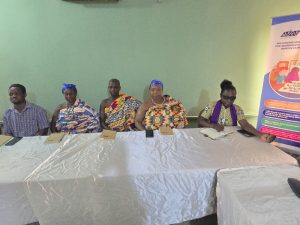
“The purpose of today’s meeting is to further engage and understand the perspectives of faith and traditional actors, as well as faith-based schools, that is both Islamic and Christian on the need for Reproductive Health Education. We also aim to discuss the educational toolkit that MFCS, with support from UNESCO, is currently developing.”
He revealed that MFCS is developing a detailed reproductive health guide designed specifically for mission, Islamic, and Christian schools. He added that the feedback gathered during the session would help shape content that is relevant, age-appropriate, and culturally sensitive for these institutions.
“We are developing a reproductive health guide for mission schools, Islamic schools, and Christian schools. The responses we gather will help us determine what is appropriate for these institutions, especially regarding age-appropriate and culturally sensitive content.
“These inputs will enable us to produce a solid Ghanaian reproductive health guide for religious-based schools. The next stage will be to finalize the guide, pilot it in selected schools, and determine the way forward.”
A health professional took the opportunity to commend the Muslim Family Counseling Services (MFCS) for their efforts in creating a comprehensive reproductive health guide for faith-based and traditional schools. She emphasized that Reproductive Health Education is an essential part of children’s upbringing and must be prioritized by all sectors of society.
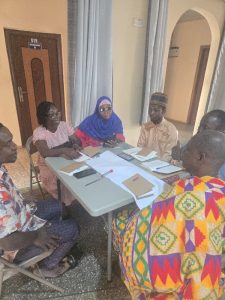
“As a health professional, I believe this initiative by the Muslim Family Counseling Services (MFCS) is a step in the right direction. Reproductive health education is crucial in the upbringing of children in our communities.”
She revealed that health workers have a key role to play in supporting both schools and communities to understand and adopt healthy reproductive practices.
“As health workers, we also have a role to play. We must regularly engage the community and educate them on the importance of reproductive health. Our school health programs also support teachers in educating young learners on these issues”
The headteacher of St. Francis R/C Junior High School in Techiman, Mr. Robert Appiah, in an interview with our reporter said the discussions had expanded their understanding of reproductive health and highlighted its significance in the overall development of young people.
”We have learned a lot about reproductive health education and the importance of integrating it into the educational curriculum.”
According to him, teachers play a critical role in shaping the attitudes and behaviors of learners, particularly regarding hygiene, personal safety, and sexual health.
“As educators, we are responsible for teaching our learners about reproductive health so they can remain hygienic and avoid unnecessary risks, As educators, we are responsible for teaching our learners about reproductive health so they can remain hygienic and avoid unnecessary risks.”
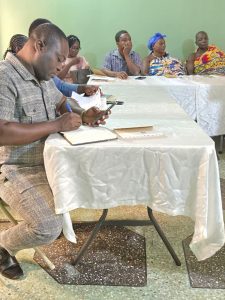
Nana Serwaa Bonsu, Chief Linguist for the Paramount Queen of Techiman and the Tanoso Adontenhemaa, lauded the Muslim Family Counseling Services (MFCS) for their initiative to develop a reproductive health guide for schools that is sensitive to cultural values. She described the project as both timely and vital for the country’s development.
Nana Serwaa Bonosu further disclosed that the ideas and perspectives shared during the discussions were extremely valuable and should be embraced by all who care about national progress. She also stressed the important role traditional leaders play in guiding young people, particularly in promoting responsible behavior and awareness about reproductive health.
“What we have learned here today is very impressive, and anyone who cares about the progress of the country must appreciate its value. The discussions have been educative and are a step in the right direction.
“It is the responsibility of everyone in the community, especially we the traditional leaders, to contribute our quota to educating our young people on reproductive health.”
She raised concern about the growing challenges facing young people due to limited attention to reproductive health education in many communities. She urged parents and community leaders to take deliberate steps to engage young people in open, honest, and consistent conversations about reproductive health.
‘Due to a lack of attention to reproductive health in our communities, many of our youth, especially young girls are losing their way and engaging in unhealthy sexual activities, leading to teenage pregnancies and sexually transmitted infections.
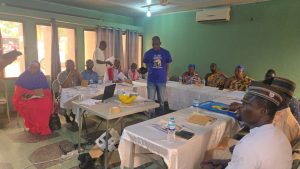
“Parents and community leaders must make a conscious effort to engage their children in conversations about reproductive health. This will help sanitize and strengthen our communities.”
The Bono East Regional Chief Imam, Alhaji Musah Abdulai, has urged religious leaders, parents, and community stakeholders to actively support age-appropriate reproductive health education to help guide and protect the younger generation.
He warned that the growing influence of modern trends makes it increasingly difficult for parents and guardians to effectively control and guide children without proper education and support. He stressed that religious leaders have a critical role to play in the moral and social development of young people, noting that reproductive health education aligns with their responsibility to safeguard the wellbeing of children.
”If care is not taken, a time will come when we cannot control our children due to the current trends. As religious leaders, we also have a duty to support the upbringing of our children, and age-appropriate reproductive health education is a key part of that responsibility.”
The Bono East Regional Chief Imam further added that empowering children with the right knowledge will not only protect them but also promote healthier lifestyles.
”Reproductive Health Education will help shape the younger generation and enable them to stay safe and hygienic.”
Source: Elvisanokynews.com

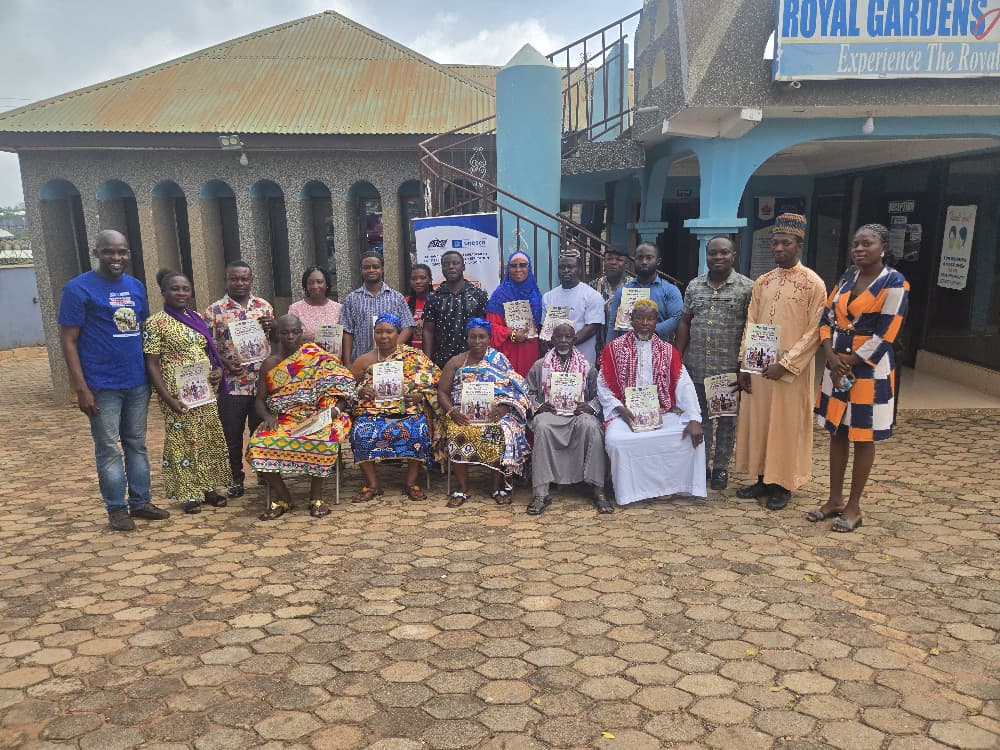
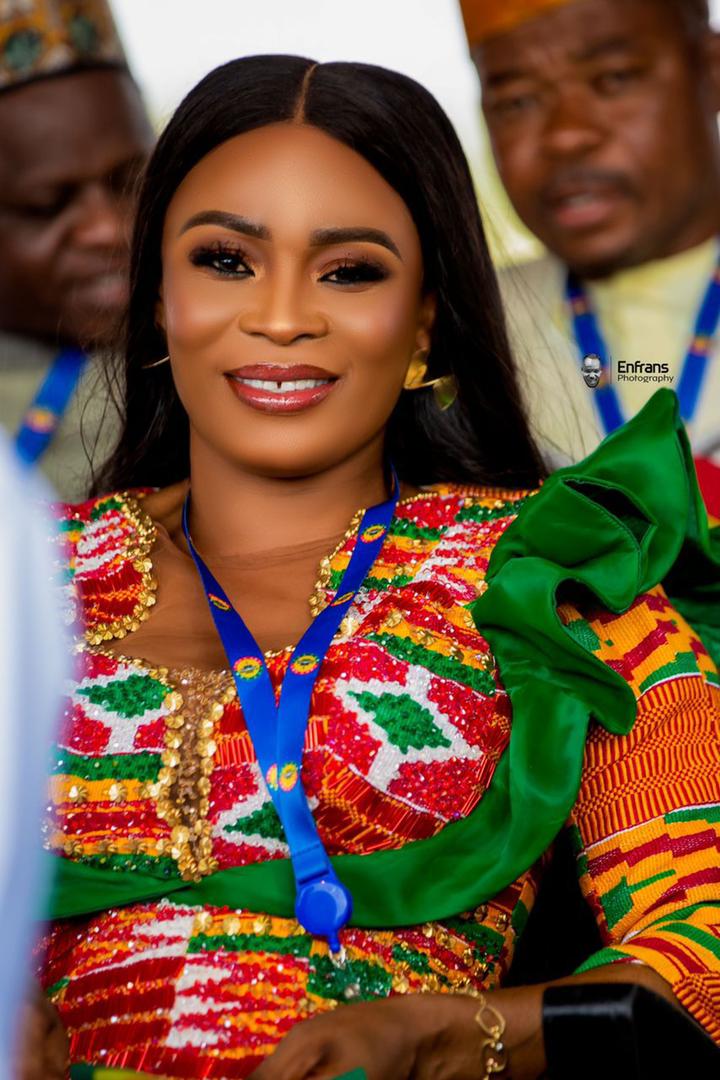
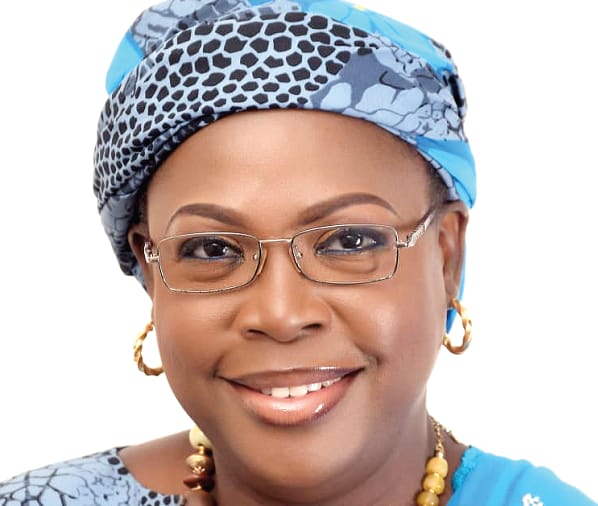
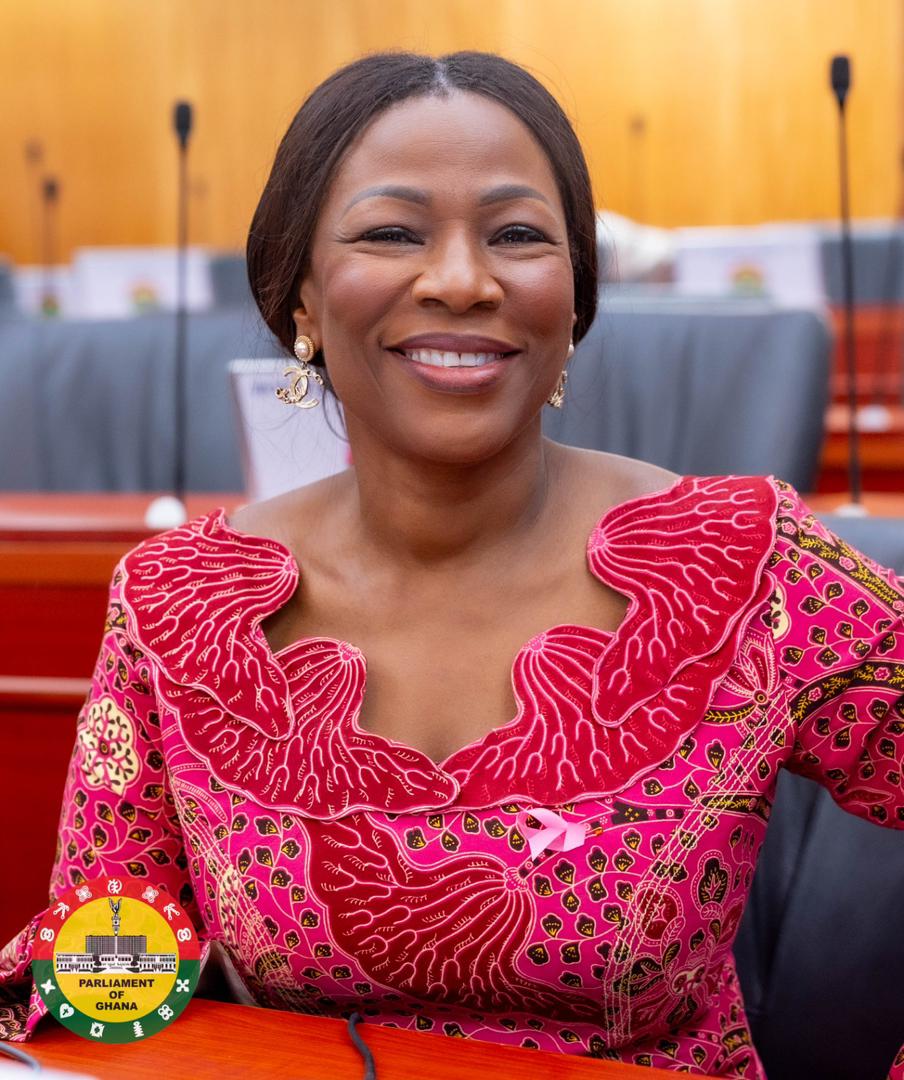
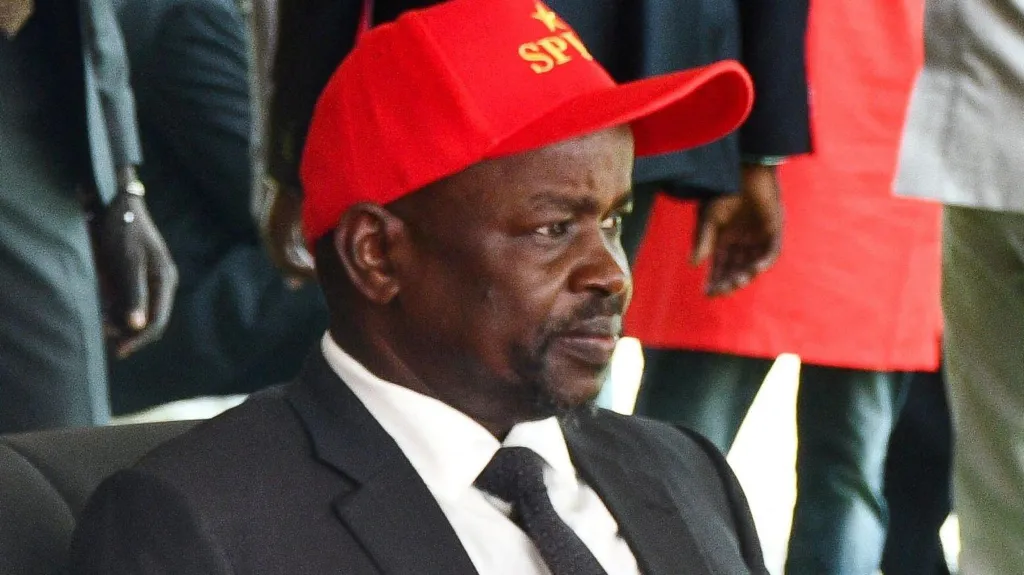
Leave a Reply